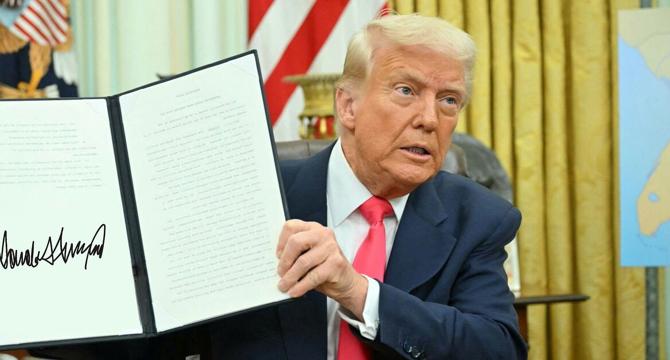The Truth About Cars
1w
185

Image Credit: The Truth About Cars
Trump Lowers Tariffs To 10 Percent For 90 Days
- The White House has announced a temporary reduction in new tariff rates to 10 percent for 90 days on imports from major trade partners to aid trade negotiations.
- President Trump initiated reciprocal tariffs on various economic partners to improve terms for the U.S., with China being a notable exception.
- Trump announced raising tariffs on Chinese imports to 125 percent, citing China's lack of respect for the global marketplace.
- Automakers are deliberating responses to the tariff reprieve, with some halting imports and others considering options to mitigate the impact.
- Several automakers like Volkswagen and Toyota are assessing the situation, with varying approaches to deal with the tariff changes.
- General Motors, Nissan, Stellantis brands, and Ford are offering discounts or employee pricing on select models in response to the trade environment.
- BMW, Mercedes-Benz, Genesis, Hyundai, and Kia are also evaluating strategies to handle the tariff costs on their vehicles.
- Automakers are lobbying for favorable trade terms, and consumer response to potential price changes post-tariffs remains uncertain.
- Panic buying following tariff announcements has occurred, but the long-term impact on vehicle pricing remains speculative amid ongoing tariff negotiations.
- Automakers are anticipated to make formal statements as the 90-day grace period concludes, with pricing strategies subject to further adjustments based on market conditions.
Read Full Article
11 Likes
For uninterrupted reading, download the app